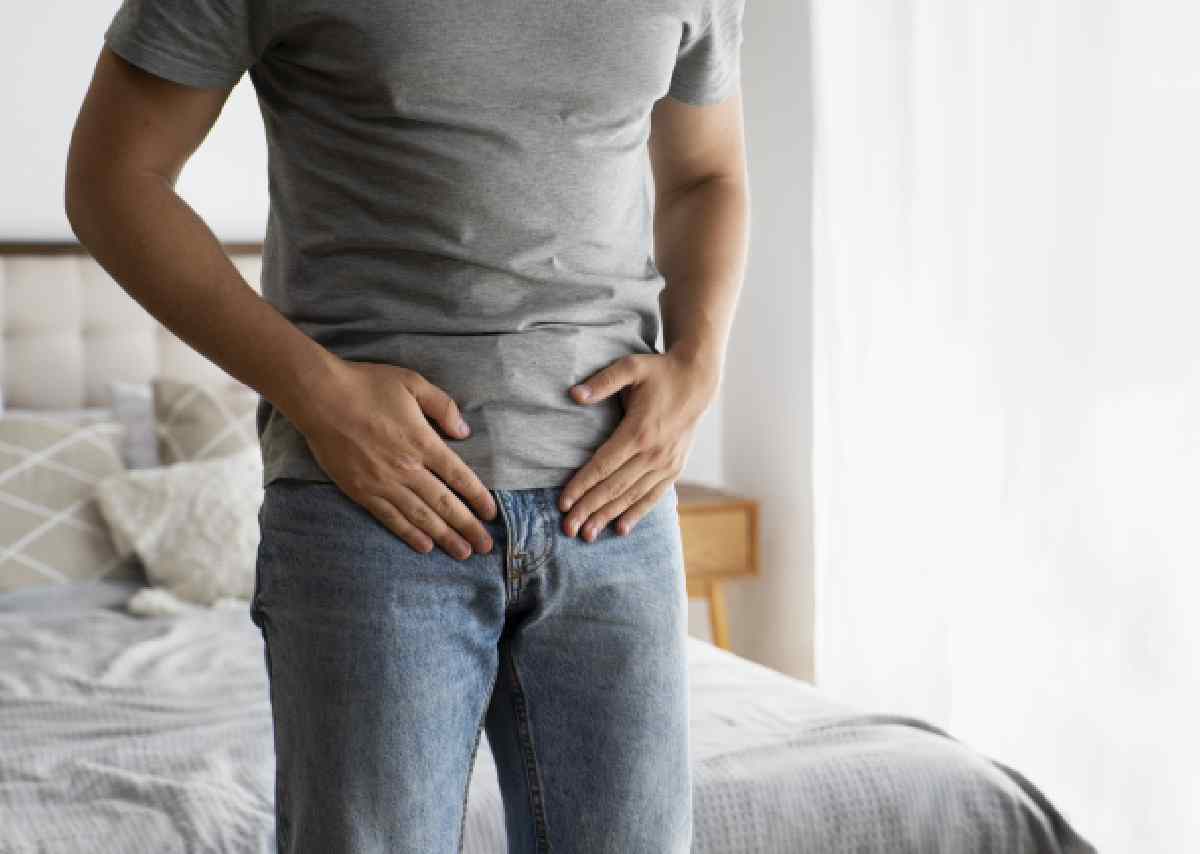Blog

A urinary tract infection or UTIs can affect any part of the urinary system, such as the bladder, kidneys, ureters, and urethra, also the tubes that connect them. They can be unpleasant, bothersome, and uncomfortable. Urinary tract infections most commonly affect the lower urinary system-the bladder and urethra. In certain cases, women are more likely to have a urinary tract infection than men.
A urinary tract infection affects around half of all women at some point. It occurs when germs infect the system that removes urine from the body—the kidneys, bladder, and the tubes that link them. According to a renowned urologist in Dubai, Dr. Niren Rao, “Bladder infections are common and, if treated promptly, are usually not dangerous. However, if the infection extends to the kidneys, it might result in more severe sickness.”
What are the Symptoms of UTI?
Symptoms of a UTI:
The majority of UTIs are bladder infections. Among the symptoms are:
A bladder infection that goes untreated might extend to the kidneys. Symptoms of this include:
What Causes UTI?
Urine is a sterile substance. As a result, when bacteria, such as E. coli, are unintentionally introduced into the urinary system, they can cause UTI. Bacteria typically migrate up the urethra to the bladder, where they can cause infection. Women are more vulnerable than men, most likely due to shorter urethras.
UTIs are more prevalent among sexually active women. Other factors that may enhance the risk are as follows:
10 Beneficial Tips for Maintaining a Healthy Urinary System
1. Exercise Regularly
The most effective way to maintain overall body health is physical activity. Daily blood-flowing exercises will not only aid with constipation and weight maintenance but will also improve bladder function. In addition, being overweight increases the possibility of having urinary incontinence. Similarly, constipation in the digestive tract can exert pressure on the bladder and prevent its adequate expansion, resulting in quicker bladder filling or involuntary spasms.
2. Drink Plenty of Water
Knowing that water makes up around 60% of the human body, it's evident that a person should drink plenty of it. The daily recommended amount of water for humans is eight 8-ounce cups. Drinking enough water to urinate at least once every three to four hours is another helpful indicator. Getting enough fluids will keep the organs hydrated while strengthening the bladder muscles after use.
3. Urinate Correctly
Aim for full-body and bladder comfort. Holding urine for extended periods might weaken bladder muscles and increase the likelihood of infection. And, just as an overflowing bladder can be uncomfortable, so should the body. The bladder will be easier if the muscles around it are relaxed and empty. Finally, give yourself enough time to empty your bladder. Rushing can result in some urine not being evacuated, leading to infection.
4. Consume Bladder-Healthy Foods
Some meals are beneficial to the bladder, while others are irritating. Alcohol, caffeine, fruits, lactose, and spicy meals are common irritants. Eliminating these could help to lessen or eradicate urinary issues, including frequency and incontinence. In addition, foods with the letter "F" are high in fibre, low in acid and antioxidants, and high in water content.
5. Maintain Good Hygiene
Practising adequate hygiene is the best way to avoid a urinary tract infection. Wearing loose-fitting underwear allows the fabric to breathe, preventing trapped moisture and bacteria accumulation. Other protective methods include using the toilet properly and urinating after intercourse. If not followed, each of the actions mentioned above can result in a buildup of bacteria in or near the urethra; however, adequate hygiene dramatically reduces the likelihood of this happening.
6. Regular Pelvic Floor Exercises
Kegels, or pelvic floor exercises, assist the bladder in holding in pee. 2 or 3 sets of ten Kegels will strengthen such muscles and prevent leakage during normal daily activities. Kegels are accomplished by flexing and relaxing the urine-holding muscles repeatedly. Committing to this daily should help with a bloated bladder, which does not empty as well as it should.
7. Examine Pharmaceutical Side Effects
Depressant medications can cause incontinence because the bladder relaxes spontaneously. Any medicine that affects someone's central nervous system, particularly those that help people sleep or numb their nerves, might cause this. Individuals using antidepressants may become so relaxed that they do not need to urinate.
8. Manage Chronic Illnesses
A modest but significant number of chronic illnesses can induce bladder issues. Diabetes, vascular disorders, urinary tract infections, interstitial cystitis, hyperactive bladder, urine incontinence, and bladder cancer are just a few examples. Unfortunately, they have varied effects on the urinary system. Diabetes, for example, will cause nerve damage around the bladder, but a UTI is caused by bacteria invading the bladder and damaging the urethra muscles.
9. Give Up Smoking
Individuals with smoking habits are more likely to get problems with this portion of their body. However, quitting this behaviour will also lower the risk of acquiring bladder cancer.
10. Consulting a Urologist
Urologists should be consulted for recurrent or complicated urinary tract infections. One can consult Dr. Niren Rao, a leading urologist in Saket, South Delhi, Delhi. One can pick a urologist who specialises in diagnosing and treating conditions affecting the urinary tract.
Here are Some Instances in Which a Urologist Should be Consulted for UTIs:



